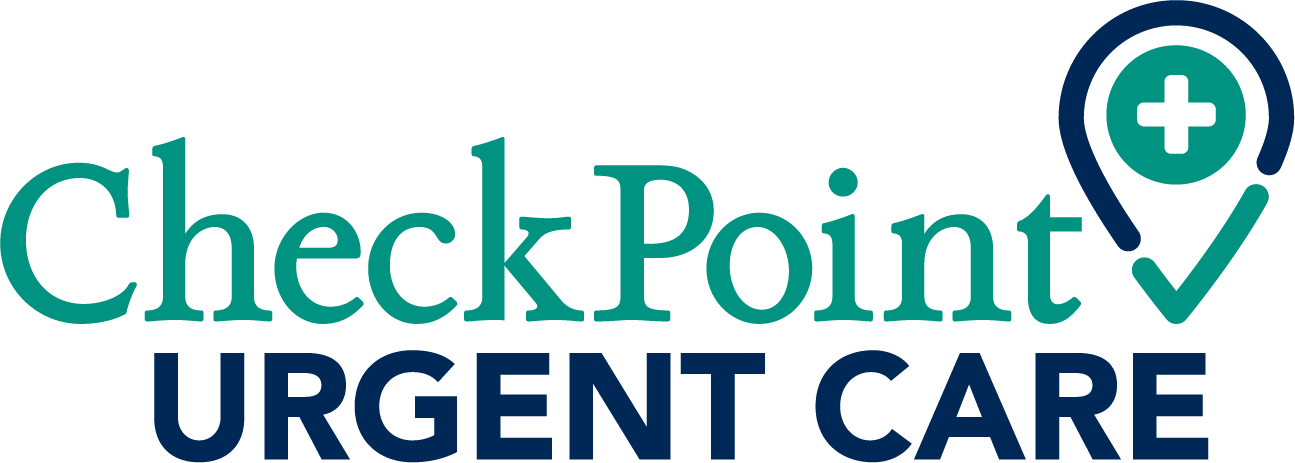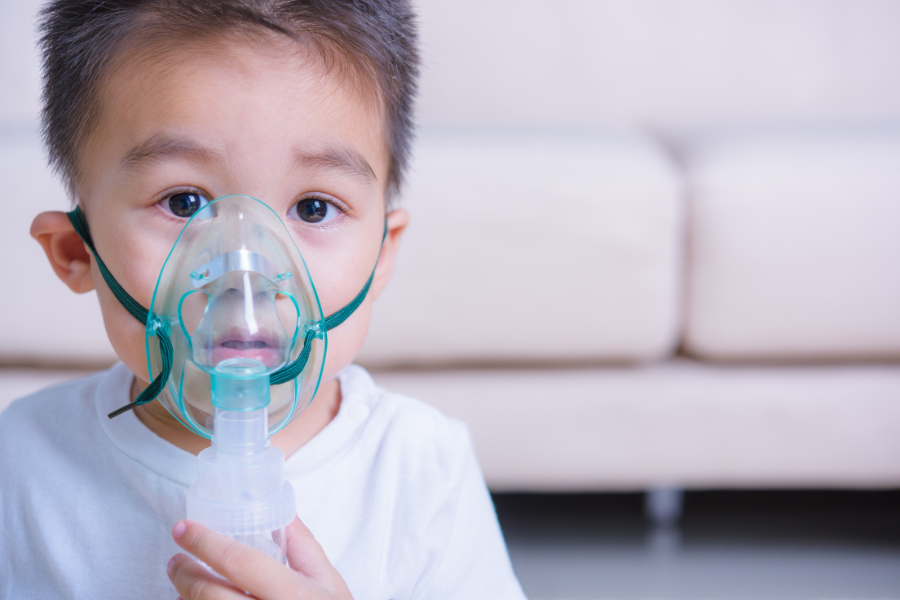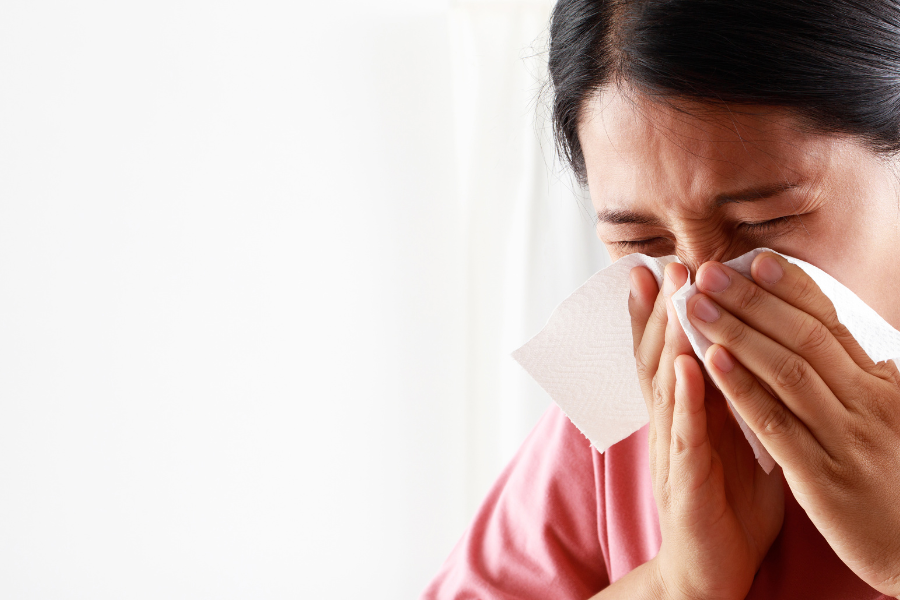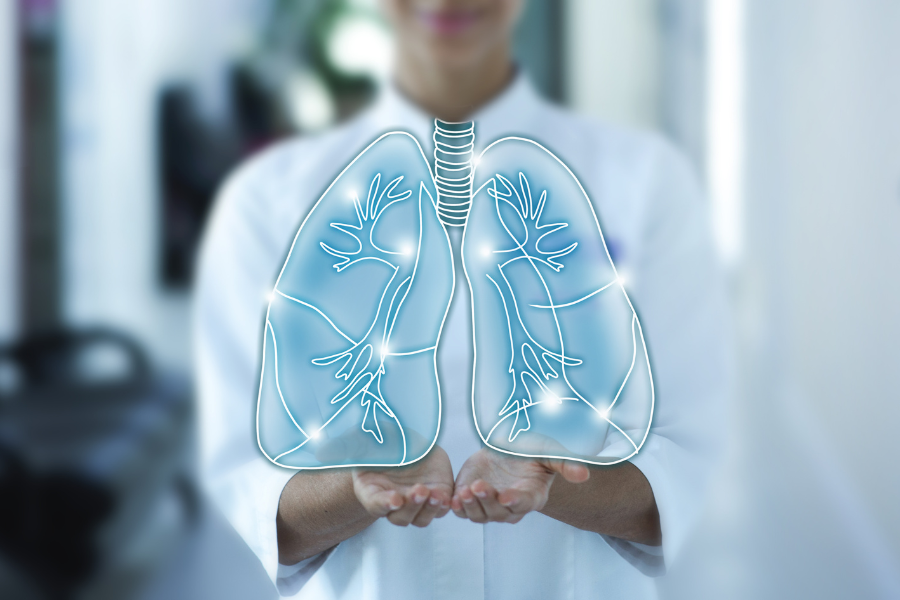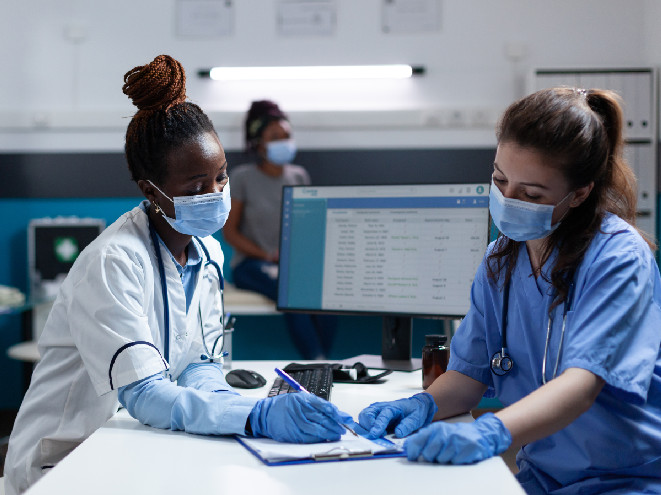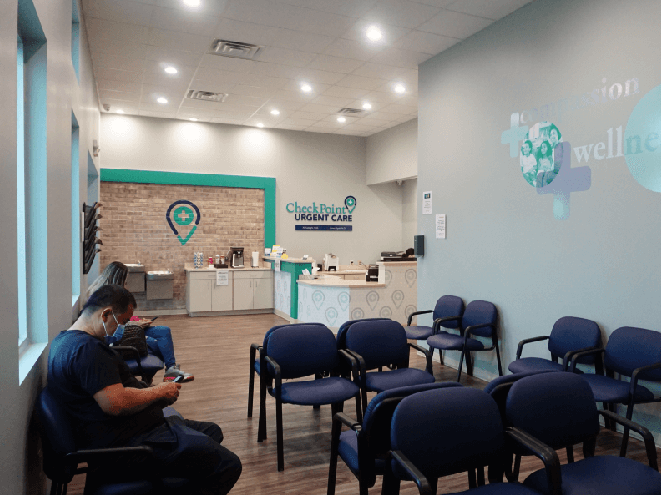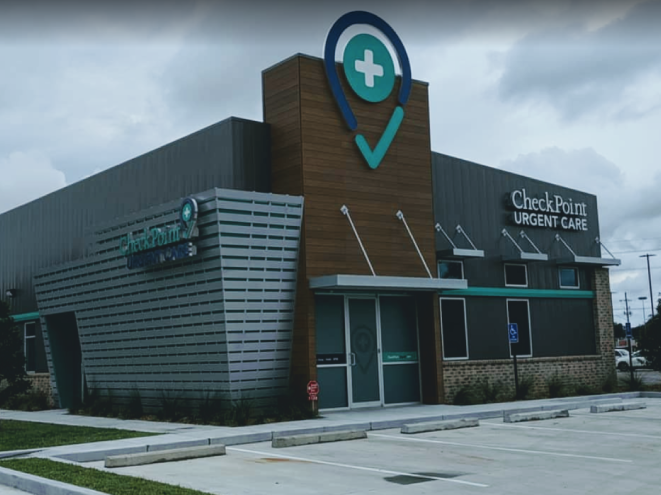Respiratory syncytial virus, or RSV, is a common virus that causes infections of the lungs and respiratory tract. It’s so common that most children will have contracted RSV before the age of 2. RSV is not limited to children; the more severe cases are usually found in young children and the elderly.
RSV (Respiratory Syncytial Virus)
If you or your children find yourself sick, it can be difficult to distinguish between RSV and other illnesses, like a common cold. The physicians at your local CheckPoint Urgent Care can properly diagnose and prescribe the appropriate treatment.
Symptoms of RSV
Symptoms of RSV usually show about four to six days after becoming infected with the virus, and are usually present in stages rather than all at once. Symptoms usually include:
- Coughing and sneezing
- Post-nasal drip and a stuffy or runny nose
- Sore throat
- Fever
- Decrease in appetite
- Wheezing
In children and older adults, RSV looks like a common cold. But with premature infants and babies under one year, the infection can become severe. Most will recover from RSV in about a week, although some children may have prolonged wheezing.
Symptoms of Severe RSV
Most people infected with RSV will recover within a week. Some people are more likely to develop a severe infection when RSV spreads to the lower respiratory tract, leading to pneumonia or bronchiolitis– inflammation of the small airway passages entering the lungs. RSV can also make existing chronic health problems worse. People with asthma may experience additional asthma attacks due to RSV, for example.
Infants are the ones most severely affected by RSV. Each year, approximately 58,000- 80,000 infants require hospitalization for severe RSV infection. Symptoms of severe RSV infants can include:
- Short, shallow, and rapid breathing
- Difficulty breathing
- Cough
- Lethargy
- Irritability
Treating RSV
Most people are able to treat RSV at home with plenty of rest, fluids, and over-the-counter medications, like acetaminophen, to reduce fevers. However, for the 3% of children infected with severe RSV who require hospitalization, treatment may look like this:
- Having oxygen supplied via a mask or ventilator
- Receiving IV fluids
- Having a tube inserted into the lungs to remove mucus
Protecting You and Your Family From RSV
While no vaccine currently exists for RSV, research is ongoing and very promising. If you have a premature baby, there are shots available that can help prevent RSV. Palivizumab is a medicine available in monthly shots. Talk to your child’s pediatrician if you have concerns.
RSV season in the U.S. starts in the fall and extends through the winter. You can protect yourself from RSV by:
- Washing hands frequently with soap and water
- Avoiding touching your nose, eyes, and mouth
- Cover coughs and sneezes
- Staying home when ill and avoiding close contact with those who are ill
- Cleaning and disinfecting regularly touched surfaces
Expert RSV Treatment at CheckPoint Urgent Care
RSV can look a lot like other illnesses, and sometimes it’s best to get the right diagnosis for quick and effective treatment. The experts at CheckPoint Urgent Care are available seven days a week for all of your emergencies. With three convenient locations, feeling better is just around the corner. Find a location near you online today
